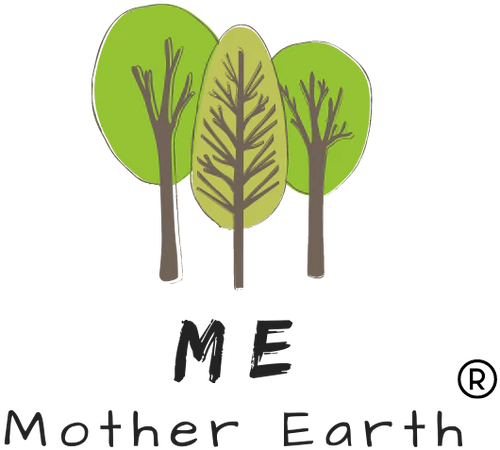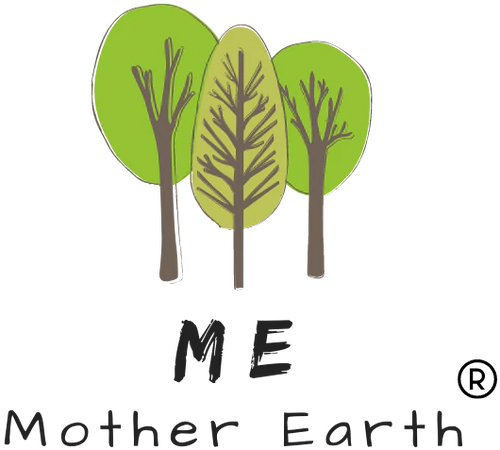Every September, people all around the world come together for International Coastal Cleanup Month—rolling up their sleeves, grabbing a bag, and picking up litter from beaches and waterways. It’s inspiring to see so many volunteers making a difference, but here’s the truth: if we want cleaner oceans, we can’t just keep cleaning up.
We’ve got to stop the trash at the source.
And year after year, the same items keep showing up in huge numbers. Let’s talk about the Top 10 litter culprits found on beaches—and why they’re such a big problem.
1. Cigarette ButtsBelieve it or not, cigarette butts are the #1 most littered item in the world. They may look like cotton, but those filters are actually plastic. When they hit the ocean, they leach toxins and break into microplastics. Tiny, toxic, and everywhere. 3. Food WrappersChips, candy, snack packs—you name it. These shiny wrappers are made of layers of plastic and aluminum that can’t be recycled. They’re lightweight, so they blow straight from our hands, cars, or trash bins into waterways. Once they’re out there, they basically last forever. 5. Plastic Straws & StirrersWe’ve all seen the heartbreaking turtle video. Straws are small, lightweight, and nearly impossible to recycle, which means they almost always end up as trash. And with Americans alone using 500 million every day, that’s a lot of straws polluting our planet. 7. Plastic Grocery BagsWe use 5 trillion plastic bags every year. That number is hard to wrap your head around. Thin, flimsy, and lightweight, these bags float through the air and end up in the ocean. Once in the sea, they look like jellyfish—which is exactly why turtles and other marine life swallow them by mistake. 9. Beverage CansAluminum cans are also common litter, but here’s the good news: aluminum is one of the most recyclable materials on the planet. In fact, most recycled cans are back on shelves within 60 days. The problem is when cans end up in nature—they corrode, leach metals, and their sharp edges can harm wildlife. So while cans are better than plastic if recycled, they’re still a major problem when tossed away carelessly. |
2. Plastic Beverage BottlesAlmost a million bottles are sold every single minute. Think about that. Many of them never get recycled and instead float into rivers and oceans, where they can take centuries to break down. Along the way, fish and birds mistake the bits of plastic for food. 4. Plastic Bottle CapsThese little guys may seem harmless, but they’re deadly. Birds, turtles, and fish mistake them for food. In fact, scientists have found seabirds with dozens of bottle caps in their stomachs, leading to starvation and death. 6. Plastic CutleryThat plastic fork in your takeout bag? It’s used once then tossed to live on our planet for centuries. Billions of these are handed out each year. They don’t recycle well, and their sharp edges can harm wildlife that comes across them. 8. Glass BottlesGlass bottles often show up in cleanups, but unlike plastic, they don’t break into microplastics. Even better, glass is infinitely recyclable—it can be made into new bottles over and over without losing quality. The main issue comes when bottles are left as litter, where they can break and become hazardous. Still, with proper recycling or reuse, glass is a much safer option downstream than plastic...just make sure to dispose of it correctly! 10. Foam Takeout ContainersStyrofoam takeout boxes are cheap and everywhere. Why aren't these banned yet? They’re one of the worst offenders for microplastic pollution. They don’t biodegrade—they just break into thousands of tiny pieces that spread across beaches and oceans. Once that happens, cleanup is almost impossible. |
Alright… So Who’s Behind the Plastic Waves?
Here’s the breakdown:
-
-
-
The Coca‑Cola Company tops the list—responsible for around 11% of branded plastic waste globally [source]. That’s nearly 3 million tons of packaging every year—including more than 110 billion plastic bottles [source].
-
PepsiCo, Nestlé, Danone, and Altria‑Philip Morris round out the top five. [source].
-
In Central America, many plastic bottles come from local bottlers tied to Coca‑Cola, PepsiCo, and Aje Group—highlighting how local consumption and production channels lead to pollution [source].
-
-
What It Means to “Vote With Your Dollar”
Here’s the thing: every time you spend money, you’re casting a vote. A vote for the kind of world you want to live in.
When you buy a single-use plastic bottle, you’re signaling to Coca-Cola, Pepsi, Nestlé, and other big brands: “Yes, keep making more of this.” And trust me, they listen—because demand is what drives their supply.
But when you choose a reusable water bottle, refill your own container, or shop brands that prioritize sustainability, you’re sending the opposite message: “We want better. We want less waste.”
This is what people mean when they say vote with your dollar. Companies pay attention to where consumers spend their money. If enough of us stop buying throwaway plastics, these corporations will have no choice but to adapt.
Why It’s So Important
-
Consumer power is real. Some of the biggest eco-shifts we’ve seen—like stores charging for plastic bags, bans on Styrofoam, or Starbucks pledging to reduce straws—started because people pushed back with their choices.
-
Every purchase is a ripple. When you make the swap, you inspire others to do the same. Your kids, your friends, even the stranger watching you hand over a reusable cup at the café—they notice.
-
Money fuels change faster than words. Protests and petitions are powerful, but nothing speaks louder to a corporation than revenue. When they see sales drop in single-use items, they shift to what’s profitable—and that can be sustainable solutions.
So, What Can We Do About It?
Cleanups are amazing, but if we keep using these throwaway plastics, they’ll just keep washing up. That’s where everyday swaps make a huge difference—
And that’s why we created Me Mother Earth—to give you easy swaps that eliminate the very items topping the coastal cleanup list:
🌱 Reusable Water Bottles → No more plastic bottles, caps, cans, or even glass bottles cluttering the ocean.
🌱 Stainless Steel Straws → A stylish, durable alternative to the 500 million plastic straws tossed daily.
🌱 Reusable Cutlery Kits → Say goodbye to plastic forks, knives, and spoons with a compact set you can take anywhere.
🌱 Mesh Produce Bags → Skip the flimsy plastic bags and even reduce single-use snack wrappers when buying in bulk.
These and SO many more! Read more about our Mission + Impact HERE.
International Coastal Cleanup Month is about more than picking up trash. It’s about making sure that trash never ends up in the ocean in the first place.
Your daily choices—your dollars—are powerful. With every swap, you’re casting a vote for cleaner beaches, healthier oceans, and a sustainable future. And together, those votes add up to real change. 🌊💙

